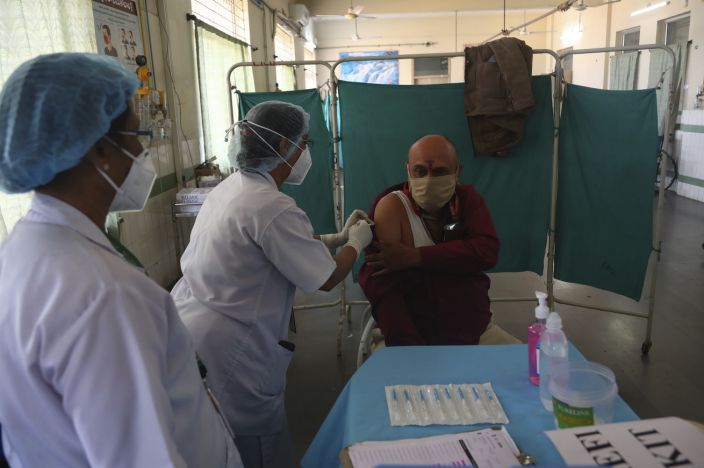New guidelines for travellers
After new strains of COVID 19 virus has been reported in India, a new set of strict guidelines has been issued for travellers in the country. Two new strains even more infectious and deadlier have been detected in India from South Africa and Brazil. The new constraints are applicable on incoming international passengers except from the UK, Europe and Middle East, the Health Ministry announced.
So far, four patients have been diagnosed with the South African strain while one case with Brazilian strain has been reported. The data has been recorded my Indian Council of Medical Research, a nodal governmental body primarily contributing in the country's battle against coronavirus. Currently, India is bearing 187 cases of highly infectious UK covid strain which led to a havoc in the UK and other parts of Europe by the end of last year.
The new guidelines dictate the passengers to test negative in RT-PCR tests, 72 hours ahead of their departure. This is the prime condition to board the aircraft. An exception has been made for passengers travelling because of death in the family. The Health ministry tweeted to the passengers, "Attention Passengers! All incoming international travellers (except travellers coming on flights originating from the UK, Europe and Middle East) should make sure that they follow the guidelines issued by @MoHFW_India". RT-PCR tests have been mandated for passengers travelling from the UK, Europe and Middle East on their own expenses. This will now cover travellers from Brazil and South Africa as there is no direct flight from the countries.
In case of a patient testing positive, the further detection of virus strain will be performed and a separate protocol will be followed. ICMR chief Dr Balram Bhargava affirmed that existing vaccines possess the potential to counter UK variants while studies are under process to assess their capabilities to fight against South African and Brazilian variants.





The Brief. Sign up to receive the top stories you need to know right now.